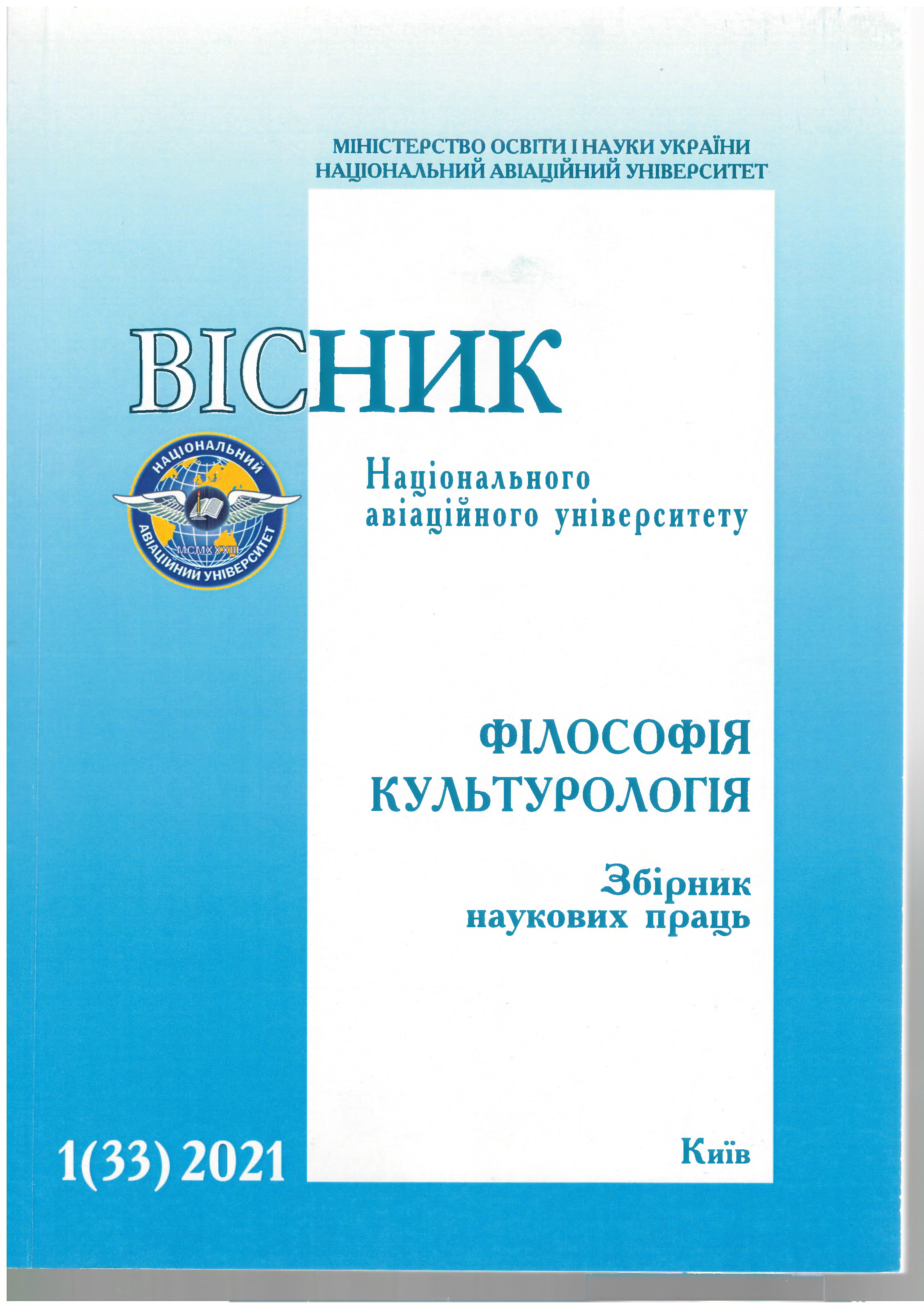DIGITALIZATION OF DISTANCE EDUCATION AS A CHALLENGE OF MODERNITY
DOI:
https://doi.org/10.18372/2412-2157.33.15649Keywords:
distance education, globalization, digital technologies, changing role of the teacher, digital reality, digitalization of education, risks of digitalization, moral and ethical risks, development challengesAbstract
Introduction. The article is devoted to the actual problems of introducing of digital technologies into the educational system. The effectiveness of this process in the context of globalization largely determines the pace and quality of digitalization of other spheres of human life. Distance education based on the digital technologies is intensively developing, since it is able to meet the educational needs of students under difficult conditions, including quarantine ones. The aim is to investigate distance education in Ukraine. The tasks of the article are to study distance education in the context of its digitalization. Research methods. The paper uses general scientific and special research methods. Among them there are system, addition, induction, deduction, analysis methods. Research results. Digitalization of all spheres of modern society life causes both quantitative and qualitative changes of the education system, especially its distance component, which implies new opportunities as well as new risks. The distance education has integrated digital technologies to a much greater extent than full-time education. Thanks to these technologies, distance education has acquired the following features: flexibility (students’ ability to attend classes at a convenient time; to learn comfortably in a chosen place and at a convenient pace); modularity (ability to make up a curriculum that meets individual or group needs); parallelism (opportunity to combine professional activity with learning); distance (chance to study despite the distance between a student and a
teacher); asynchrony (a student and a teacher could perform the functions of learning and studying not simultaneously); large-scale involvement (the number of distance learning students may be different, as digital technologies are able to provide group and individual forms of interaction); profitability (distance learning does not include rent, heating, lighting of premises for students, etc.); change of the status of the scientific and pedagogical worker (the main functions of the teacher within distance education process are consultative, coordination, etc.); change in the status of a student (a student involved in distance learning is required to have a significant level of primary education, the ability to self-organize); health-preserving (the opportunity to create conditions for self-isolation and learning during quarantine). At the end of the article, the author emphasizes the need for a fundamental study, in-depth understanding and critical assessment of these risks and opportunities. Discussion. Most researchers note the positive prospects for the digitization of all aspects of human life, while the risks and negative consequences are less studied. Negative risks can be represented in the possible dehumanization and formalization of education process, deformation of the human personality. The author of the article believes that there is an opportunity of optimal and harmonious interconnection of digital and humanitarian technologies that ensure the moral identity of a person. Conclusion. The risks of digitalization of distance education do not reduce its prospects as a resource for further development of the education system. However, there is a need for fundamental study, deep understanding and critical assessment of these risks and opportunities of digitalization of this form of education.
References
Bacon Francis. The New Organon / Francis Bacon. –
Publisher: Cambridge University Press, 2016. URL:
https://academiaanalitica.files.wordpress.com/2016/10/francisbacon-
the-new-organon.pdf
Ortega y Gasset Jose. The Revolt of the Masses, 1932.
– URL: https://archive. org/stream /TheRevolt OfThe MassesJoseOrtegaYGasset/
Philosophy++The+Revolt+of+the+Masses +-
+Ortega+y+Gasset+Jose_djvu.txt
Ашиток Н. І. Інформаційно-комунікативний аспект розвитку
сучасної вищої освіти в Україні / Н. І. Ашиток // Вісник НАУ. – Серія:
Філософія. Культурологія. – 2020. – №1 (31). – С. 128-131.
Девтерова З. Р. Методология реализации систем ди-
станционного обучения / З. Р. Девтерова // Сибирский педаго-
гический журнал. – 2010. – № 11. – С.31–39.
Дротянко Л. Г. Високі технології як засіб трансформації
медіа-дискурсу / Л. Г. Дротянко // Вісник НАУ. Серія: Філософія.
Культурологія. – 2017. – № 1 (25). – С. 10-14.
Кликунов Н. Д. Системные риски, порождаемые раз-
витием дистанционного высшего образования в России / Н. Д.
Кликунов // Университетское управление: практика и анализ.
– 2003. – № 5-6 (28). – С. 78-80.
Кучерук І. В. Цифровізація та її вплив на освітній
простір у контексті формування ключових компетентностей //
Інноваційна педагогіка. – Випуск 22. – Т. 2. – 2020. – С. 91-94.
Малышко А. А. Философские аспекты процессов ди-
станционного образования /А. А. Малышко //Вестник МГТУ. –
Т. 10. – № 3. – 2007. – С. 394-398.
Маниковская М. А. Цифровизация образования: вызовы
традиционным нормам и принципам м орали / М. А. Маниковская.
URL: https:// cyberleninka. ru/ article /n/tsifrovizatsiya-obrazovaniyavyzovy-
traditsionnym-normam-i-printsipam-morali
Назаренко А. Л. Информатизация образования: синтез
традиционного и электронного обучения (опыт создания новой
модели лекционного курса) /А. Л. Назаренко // Открытое образова-
ние. Научно-практический журнал. – 2015. – № 2 (109). – С. 71-72).
Положення про дистанційне навчання. – URL:
https://zakon.rada.gov.ua/laws/show/z0703-13#Text
Сафуанов Р. М., Лехмус М. Ю., Колганов Е. А. Цифро-
визация системы образования /Р. М. Сафуанов, М. Ю. Лехмус, Е.
А. Колганов // Вестник Уфимского государственного нефтяного
технического университета. – 2019. – № 2 (28) . – С. 116–121.
Степанов, С. Ю. Дистанционное обучение как ре-
сурс развития непрерывного образования: риски и возможно-
сти [Электронный ресурс] / С. Ю. Степанов // Непрерывное
образование: XXI век. – 2018. – Вып. 4 (24). –URL:
https://cyberleninka.ru /article/n/distantsionnoe-obuchenie-kakresurs-
razvitiya-nepreryvnogo-obrazovaniya-riski-i-vozmozhnosti.


